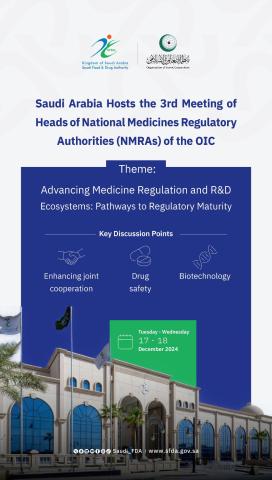Anemia, which is common in the critically ill, is often treated with red-cell transfusions, which are associated with poor clinical outcomes. Researchers hypothesized that therapy with recombinant human erythropoietin (epoetin alfa) might reduce the need for red-cell transfusions.
In this prospective, randomized, placebo-controlled trial, researchers enrolled 1460 medical, surgical, or trauma patients between 48 and 96 hours after admission to the intensive care unit. Epoetin alfa (40,000 U) or placebo was administered weekly, for a maximum of 3 weeks; patients were followed for 140 days. The primary end point was the percentage of patients who received a red-cell transfusion. Secondary end points were the number of red-cell units transfused, mortality, and the change in hemoglobin concentration from baseline.
As compared with the use of placebo, epoetin alfa therapy did not result in a decrease in either the number of patients who received a red-cell transfusion (relative risk for the epoetin alfa group vs. the placebo group, 0.95; 95% confidence interval [CI], 0.85 to 1.06) or the mean (±SD) number of red-cell units transfused (4.5±4.6 units in the epoetin alfa group and 4.3±4.8 units in the placebo group, P = 0.42). However, the hemoglobin concentration at day 29 increased more in the epoetin alfa group than in the placebo group (1.6±2.0 g per deciliter vs. 1.2±1.8 g per deciliter, P<0.001).
Mortality tended to be lower at day 29 among patients receiving epoetin alfa (adjusted hazard ratio, 0.79; 95% CI, 0.56 to 1.10); this effect was also seen in prespecified analyses in those with a diagnosis of trauma (adjusted hazard ratio, 0.37; 95% CI, 0.19 to 0.72). A similar pattern was seen at day 140 (adjusted hazard ratio, 0.86; 95% CI, 0.65 to 1.13), particularly in those with trauma (adjusted hazard ratio, 0.40; 95% CI, 0.23 to 0.69). As compared with placebo, epoetin alfa was associated with a significant increase in the incidence of thrombotic events (hazard ratio, 1.41; 95% CI, 1.06 to 1.86).
The use of epoetin alfa does not reduce the incidence of red-cell transfusion among critically ill patients, but it may reduce mortality in patients with trauma. Treatment with epoetin alfa is associated with an increase in the incidence of thrombotic events. (ClinicalTrials.gov number, NCT00091910.)
Source: N Engl J Med 2007;357:965-76.

